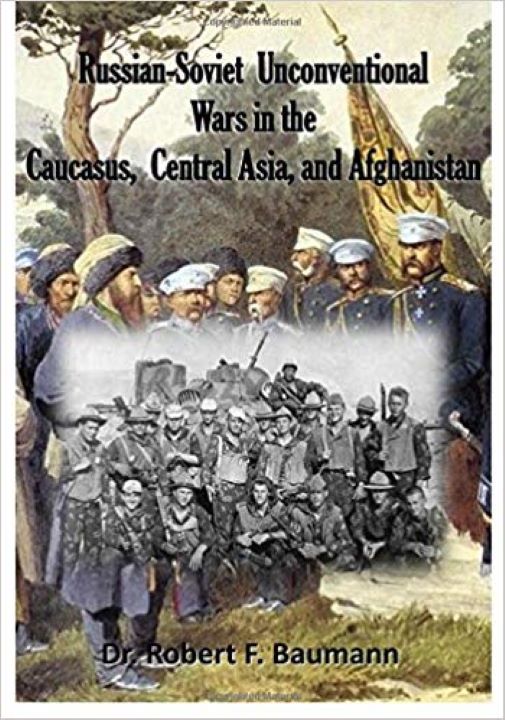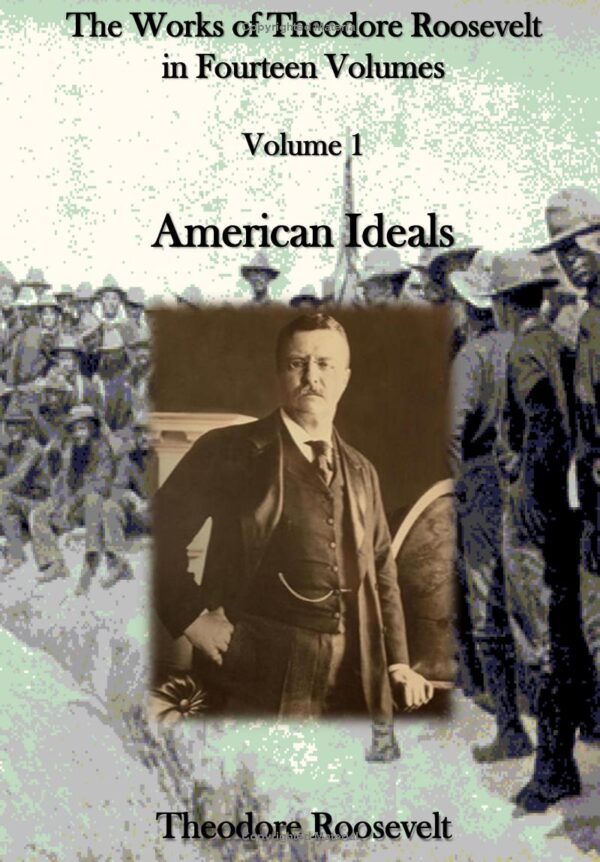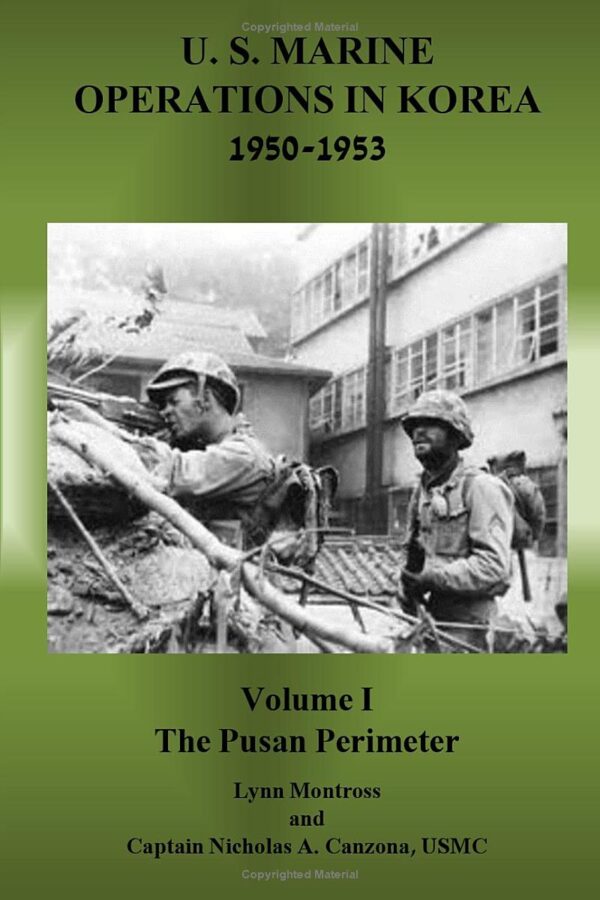Russian-Soviet Unconventional Wars in the Caucasus, Central Asia, and Afghanistan (Leavenworth Papers) (Volume 20)
This study covers four episodes that provide useful perspectives on the nature of unconventional warfare, the adaptability of modern military institutions, the character of cross-cultural conflict, and the dilemmas inherent in the creation and maintenance of an empire. The Soviet Union’s agonizing decade-long struggle against a fiercely determined Mujahideen resistance in Afghanistan offers a compelling illustration of the perils which can await a modern power that commits conventional forces against an unconventional foe in an undeveloped theater. That the Soviets embarked on such a rash course in 1979 is especially striking in light of the American experience in Vietnam just a few years earlier and Russia’s long historical involvement fighting Muslim tribesmen in the Caucasus and Central Asia. At the beginning of the nineteenth century, Imperial Russia attempted to impose its authority on the Caucasus only to become embroiled in a protracted and brutal war against the mountain tribes of Dagestan. A charismatic leader, Shamil, emerged to harness the power of a formidable resistance that nearly foiled the Russian plan of conquest, which was fulfilled only after decades of destructive and costly campaigning. Following the collapse of opposition in Dagestan in 1859, the Russians concentrated on the conquest of Central Asia as far as the Afghan and Persian frontiers. Here, vast steppes and deserts-formidable obstacles standing between Russia and the remote khanates-eventually yielded to the determination and methodical preparation of key Russian commanders. Established by a series of major campaigns from the 1850s to the 1880s, Russian rule in Central Asia remained stable until the Bolshevik Revolution of October 1917. With the collapse of imperial power, however, the empire dissolved. Efforts to impose Red rule over the former imperial possessions in Central Asia sparked popular resistance among the Muslim tribes and required massive intervention by the Red Army. The four episodes considered in this study provide useful perspectives on the nature of unconventional warfare, the adaptability of modern military institutions, the character of cross-cultural conflict, and the dilemmas inherent in the creation and maintenance of an empire.
234 pages





